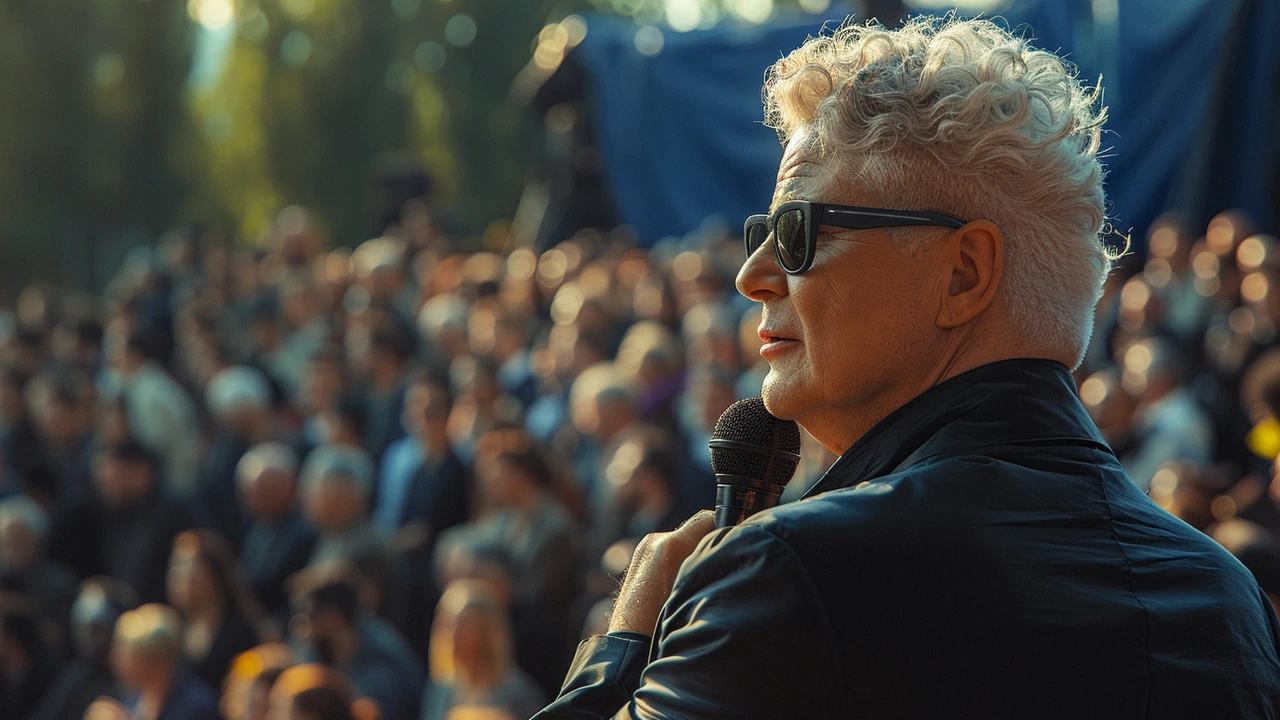What Are War Crimes and Why They Matter
War crimes are serious violations of international laws during armed conflicts. They include acts like targeting civilians, torture, using child soldiers, and deliberately destroying protected sites. When these crimes happen, they don't just break laws—they cause deep human suffering and long-lasting damage to communities.
Understanding war crimes is crucial because it helps us recognize when justice is needed. These acts are not just unfortunate events; they're punishable offenses under international conventions like the Geneva Conventions. Holding those responsible accountable prevents impunity and discourages future violations.
How Are War Crimes Investigated and Prosecuted?
Investigations usually start with collecting evidence from conflict zones—witness testimonies, photos, videos, and official documents. International bodies like the International Criminal Court (ICC) step in if local systems can't or won't act. Trials aim to bring fairness and clarity, providing victims with a sense of justice and closure.
But it's not always straightforward. Political challenges and access issues can slow down or complicate the process. Still, international efforts continue to strengthen mechanisms to address these crimes worldwide.
Why Should We Care About War Crimes Today?
War crimes affect everyone indirectly because they undermine peace and stability. Recognizing and condemning them pushes countries and leaders to act responsibly during conflicts. It also supports global human rights and sends a message that cruelty in war won’t be ignored.
If we want safer futures, knowing about war crimes and supporting accountability is key. After all, learning about these crimes sharpens awareness and encourages us all to stand against injustice.
